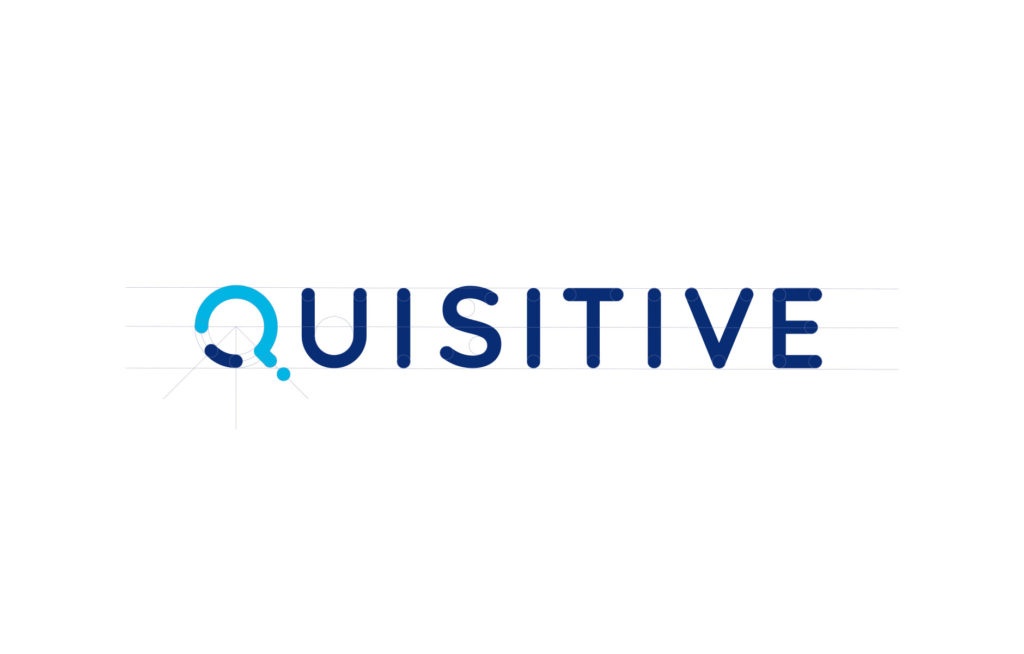Quisitive is a relatively young infrastructure company that just went public and plans to aggregate other small regional infrastructure firms using a Cisco-like growth strategy. This isn’t new, but what is unusual is that their stated goal is to become the strongest Microsoft partner in North America. The company—currently headquartered in Dallas, Texas and with satellite offices in Denver and Toronto—specializes in Microsoft-based solutions. Quisitive has—as a differentiator—a unique Azure Accelerator Assessment process that, working with Microsoft, results in a migration plan with an execution time of 1-3 years. They also have blockchain and IoT practices. An example of a solution is the Chase Bank Merchant Customer exchange used at retailers like Best Buy (it is a payment gateway) and now owned by Chase under the brand “Chase Pay”.
But, I want to focus on the elements of how they are moving to become Microsoft’s favorite partner.
Azure
Microsoft is basically the Azure company since Satya Nadella took over—effectively flipping the priority from operating systems and related tools to the premier cloud service. Quisitive is also focused on Azure, though not exclusively. Much of their practices surround that platform, but with a focus on correcting what is a fractured Microsoft ecosystem with too many small players that make large national deployments using any one of them problematic.
This explains Quisitive’s aggressive acquisition and merger strategy—collect these small players into an incorporated network of distributed solutions providers together. They currently have active merger and acquisition (M&A) conversations with 12 firms across the US. The result should be something that looks a great deal more like IBM Global Services but under the Quisitive brand rather than Microsoft’s.
No Competition
A lot of Microsoft’s partners, particularly the larger ones, have competitive offerings as well which hurt the partnership and make it so that Microsoft doesn’t always trust them. Kind of like having an open marriage, this competition makes deep engagements more difficult. Quisitive’s policy is to not compete with Microsoft at all, acting almost like a division of the company. They don’t hedge, and recognize this means they win or lose with Microsoft. But, this also means they get a lot of unusual joint marketing efforts from the company, they are intimate with the product groups that they need to interface with, and they employ a significant number of ex-Microsoft employees to make sure they can integrate well with the company.
They don’t maintain a presence on Microsoft’s campus—which is unusual—but they feel that with the tight integration with the product groups and cross-pollination with employees they don’t need to. Since maintaining a presence on campus is considered a best practice, this approach will need to be watched.
Assuring Quality
Each engagement is instrumented and measured for satisfaction in a joint effort with Microsoft to both ensure customer satisfaction and improve the related processes over time. Quality with joint projects must be assured by both partners in balance and Quisitive maintains that is the case here. They focus on creating repeatable, high-quality practices and these practices, software, and related processes form for the foundation of their unique Intellectual property. Their technology and development are focused on providing business value—as should be the case for a services company. Any conflicts are largely resolved in person to assure no misunderstandings and they have had a relationship with Microsoft that goes back to their beginning.
Wrapping Up
Partnering with any large company really should involve a deep understanding of that firm and a clear idea of what the best level of commitment is. Yet, often this process lacks rigor, and—as a result—the partnership is more a press release much like an open marriage is more of a tax dodge. Commitment and exclusivity are important and Quisitive seems to get that. Their focus on cross-pollination with regard to staffing, joint quality control and assurance, and integration through the product creation and maintenance process is, at least on paper, as good or better than many internal services groups who often don’t engage with the product groups that deeply (nor move people in and out of them).
Since they haven’t executed a merger yet, we can’t assess how good that process is (and recommend that they use Dell’s process as a template). However, merging services organizations is relatively easy (little product overlap, more an issue of geographic coverage). Complexity is also generally low so the risks of getting this wrong are lower than usual.
In the end Quisitive looks good on paper, we’ll need to check back in 5 years to see how well they executed.
- The Human Element: HP’s Latest Security Report and My Near-Miss with a Digital Predator - July 11, 2025
- The Mighty Mini: Why HP’s Z2 Mini G1a Workstation Is the Unsung Hero of AI Development - July 7, 2025
- The HP OmniBook X Flip 2-in-1 16-Inch: Your New Digital Swiss Army Knife (Now in Glorious Atmospheric Blue) - June 25, 2025




Comments are closed.